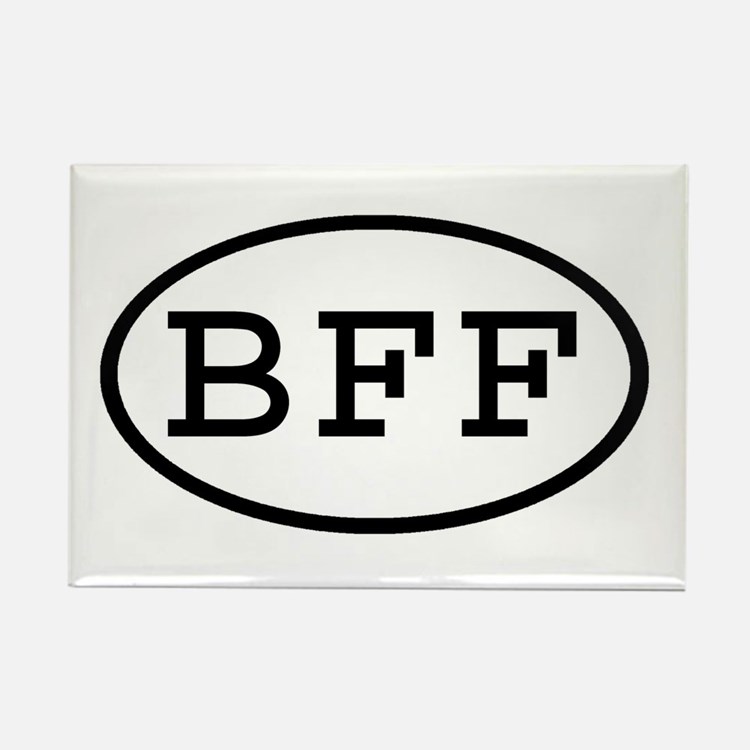As a Muslim female immigrant with a mixed background, I have to admit I find so much goodness in the West.
The Democracy that was demanded by Islam and NEVER practiced by Muslim governments is widely respected, encouraged and used in Western societies.
Freedom of religion, speech, and movement is also found in the West.
Access to relatively good education, although unreasonably expensive in the United States, also a quality found in West.
Politeness, manners, fairness, and social equality are practiced widely as well.
Finally, I have to give special credits to the Washington DC metropolitan area of the US, my home for the last 16 years. As an active Hijabi Muslim female, I have yet to face discrimination or disrespect. Although this is not the experience of many Muslim women, it is mine.
The point being, Western societies provide so many opportunities for growth, social acceptance and freedom to many other immigrants and me.
However, one important quality that Western governments possess is that they make great BFFs.
July 12th, 2017, “The British government said it would not publish in full its report on the sources of funding of Islamist extremism in Britain, … to protect its ally Saudi Arabia” according to Reuters.
It is not new for Britain to be so protective of Saudi Arabia.
In 2016, Theresa May stated “what matters is the strength of our relationship with Saudi Arabia. When it comes to counter-terrorism and dealing with terrorism, it is that relationship that has helped to keep people on the streets of Britain safe.” Let me define the relationship in this quote. What May means is how Saudi serves as an ally in Middles East, hosts the Western army, and helps Britain’s economy by its multi-billion dollar arms purchases. In return, Britain has a secure base in the Middle East, befriends the most influential kingdom among Muslim nations, increases national security with money earned through arm sale and so on. So May is correct. This relationship helps keep “people on the streets of Britain safe.”
Also, as long as Saudi is preoccupied killing, arresting, and violating the rights of its people using the arm Britain sells to this country, there is no energy to go after British “Kuffar”, or disbelievers.
Britain has been protecting and covering up for Saudi’s national and international crimes. Let’s not forget it was Britain that helped Saudi become the kingdom it s now. (learn how)
Now once again, Britain investigates sources of funding of Islamist extremism in Britain yet refuses to publish such report. That is what I call a BFF.
United States is another BFF of the Saudi Kingdom.
The United States long relied on Saudi Arabia as an oil supplier, a steadfast beacon of opposition to communism and a huge buyer of American arms. The US and Saudi inked a $110 billion arms deal, the largest in American history under Trump admin. The Saudis, meanwhile, depend on the United States to protect their security. Not just security, but an international reputation as well.
It took one whole year and lots of advocacy for the US government to release long-classified section of the official report on the Sept. 11 attacks describing an array of potential links between some of the hijackers and officials in Saudi Arabia. Even after the release of such report in July 2016, “The Intelligence Community and the 9/11 Commission, which followed the Joint Inquiry that produced these so-called 28 pages, investigated the questions they raised and was never able to find sufficient evidence to support them” according to Reuters.
So Western governments, such as the US and Britain, the two most influential in the world, know how to be BFF. Once they befriend a government, they protect and help it even if that friendship means covering up for crimes, going against their values and turning a blind eye to human rights violations.
Although I found much goodness in the West, I have to admit the friendship style of Western governments is against my values as I see a friend as someone who helps growth and improvement by highlighting weaknesses not by covering them up.




